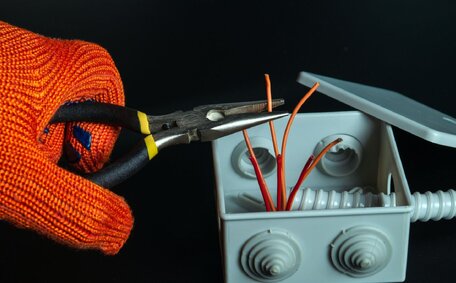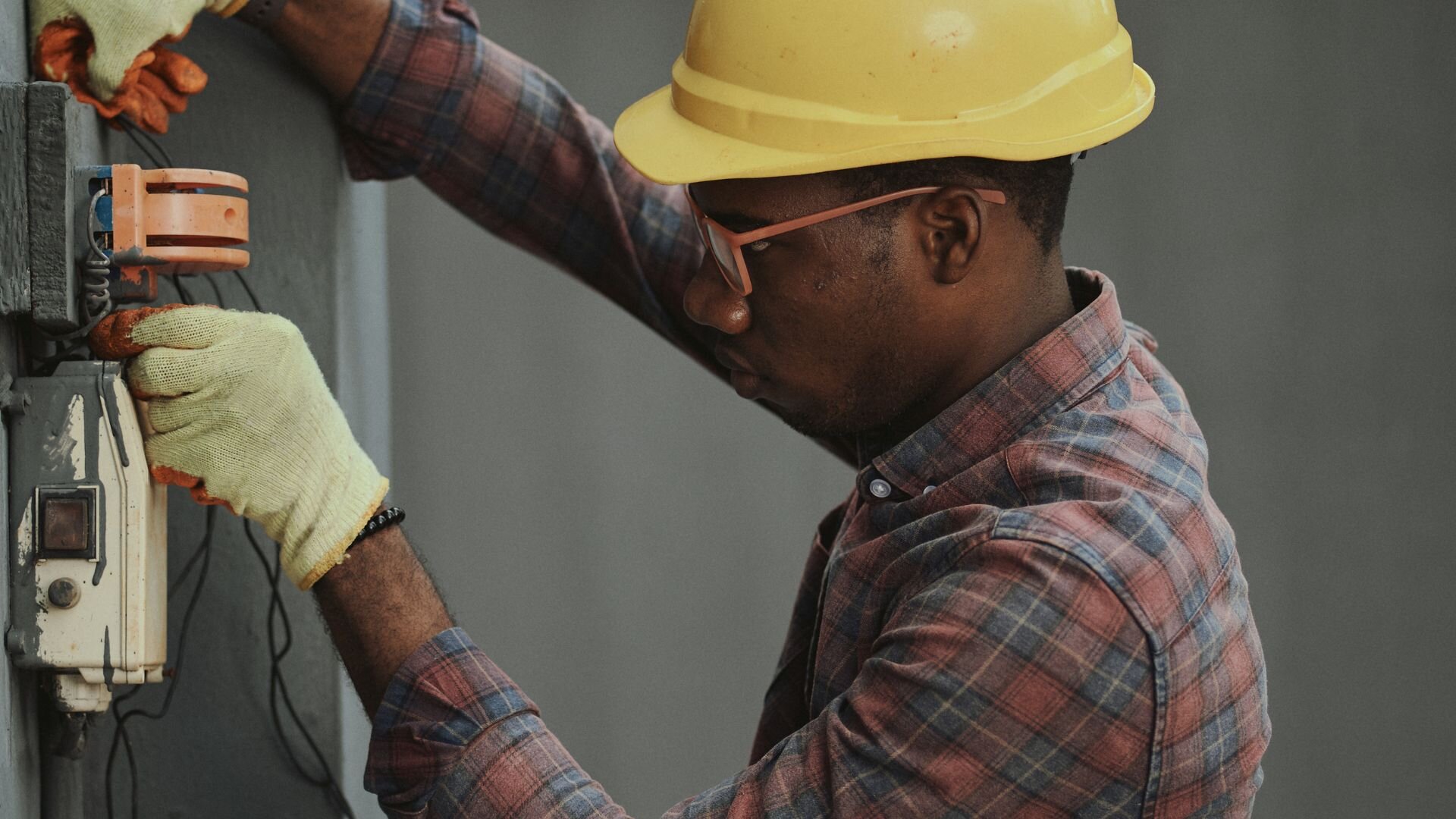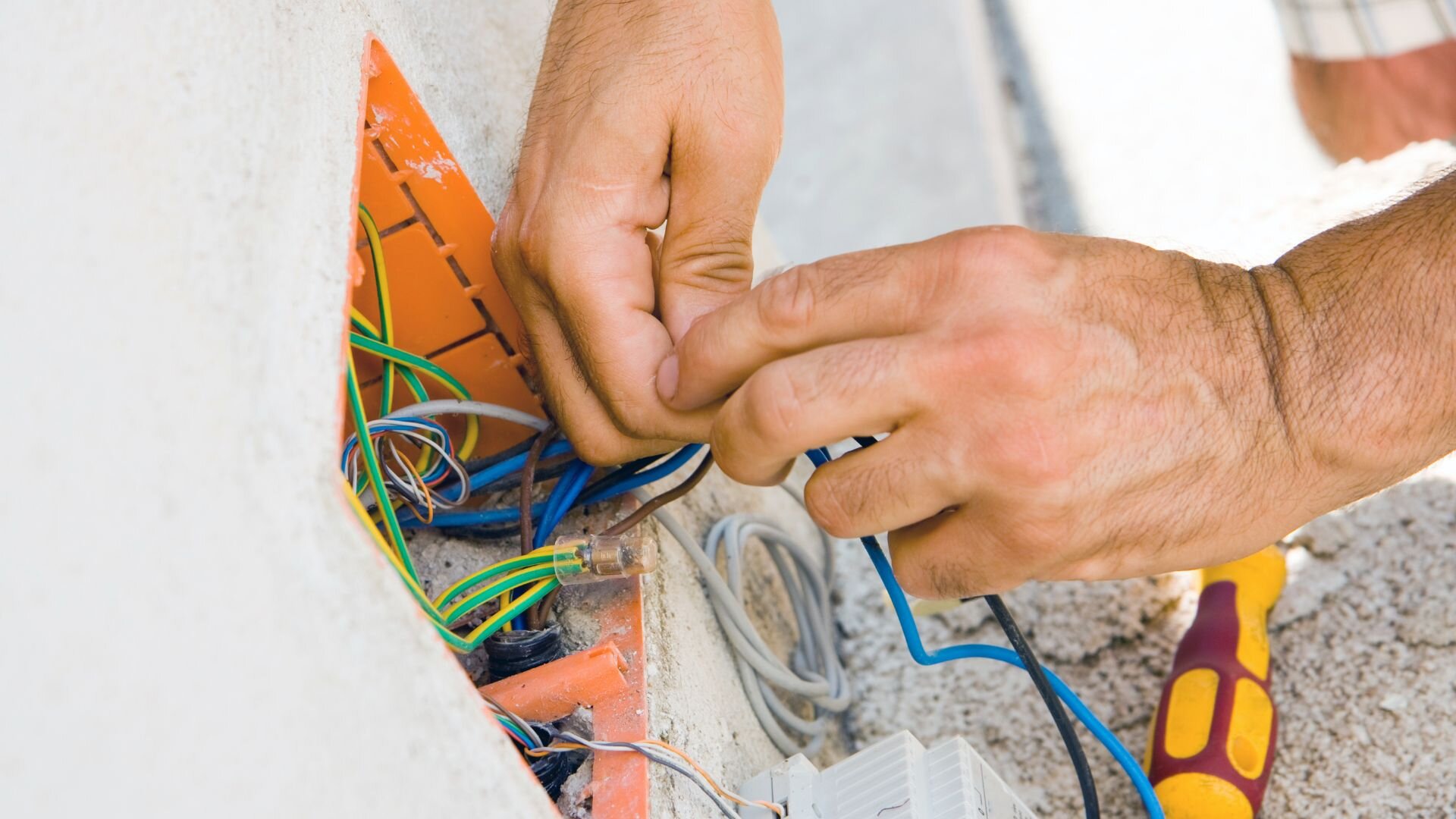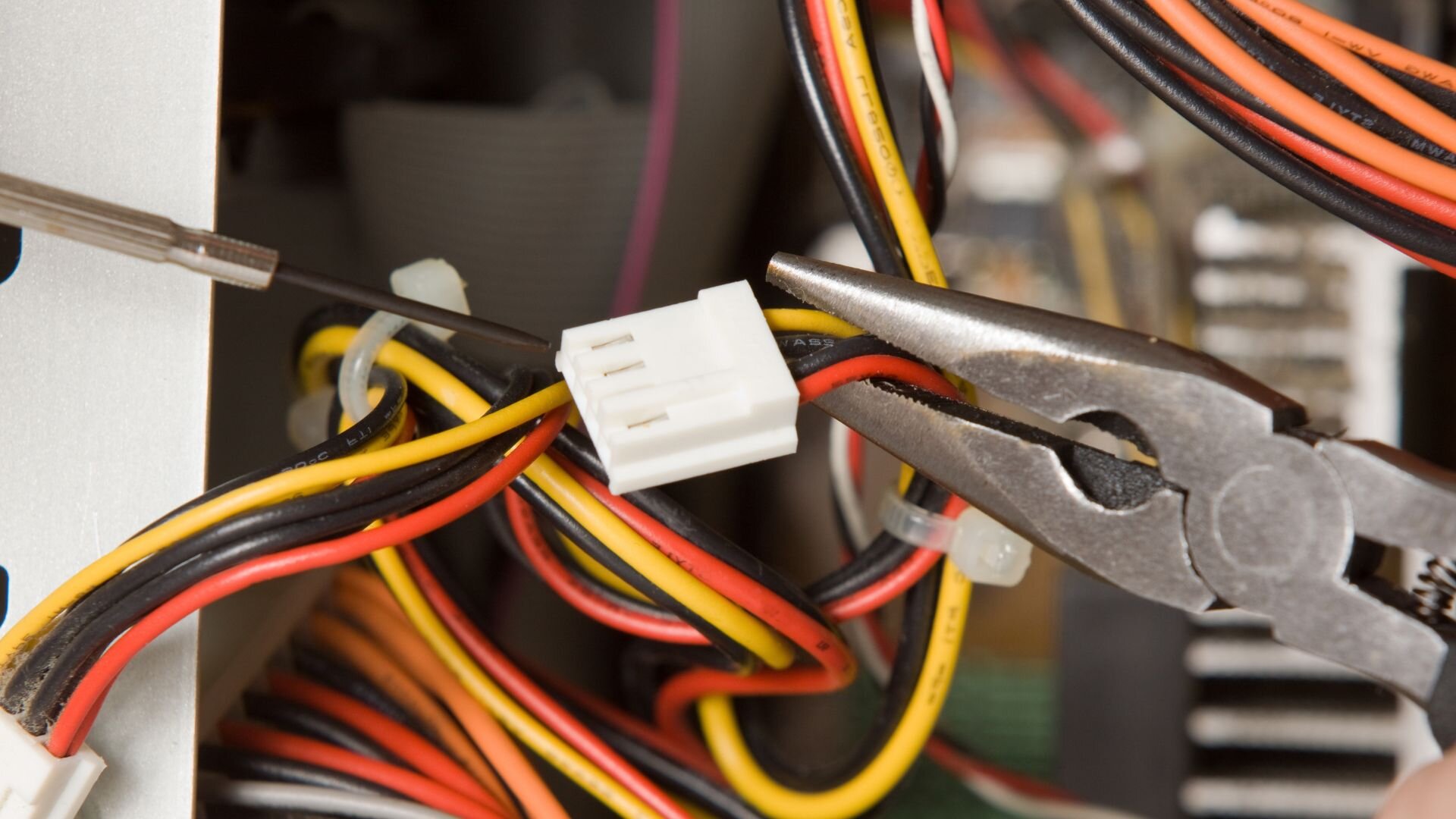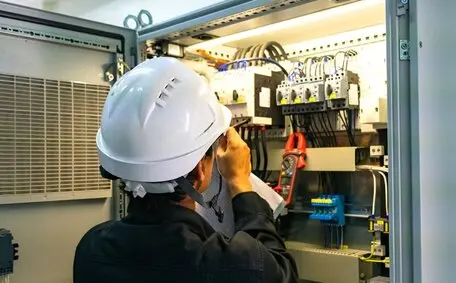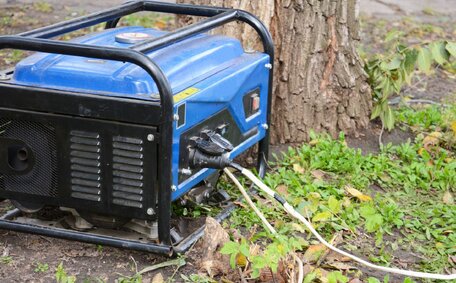Ever puzzled over how construction sites, outdoor events, or emergency relief efforts manage to stay lit without a permanent power source around?
That’s where temporary power supply connections step in. They’re the backbone of these scenarios, delivering reliable energy precisely when and where needed. Whether it’s a bustling construction site, a lively music festival, or a disaster zone in need of immediate care, quickly and safely arranging temporary power is crucial.
This blog is your go-to guide for navigating the ins and outs of securing a temporary power supply connection. From grasping the basic requirements to adhering to all safety protocols, we’re here to guide you through each step, ensuring you achieve a smooth and secure power solution for any circumstance.
The Essentials of Temporary Power Supply Connections
Temporary power supply connections are crucial in various scenarios where a permanent power source is unavailable or impractical. Below, we explore what these connections are, the legal requirements in Australia, and common use cases.
![2024 09 Installing Temporary Power Installing Temporary Power]()
Definition
A temporary power supply connection is a provisional electrical setup designed to provide power for a limited period. It is typically required in situations where permanent power infrastructure has not yet been established or is temporarily unavailable. The purpose is to ensure that essential operations can continue without interruption, whether for a few days or several months.
Legal Requirements
In Australia, obtaining a temporary power supply connection involves adhering to specific legal and regulatory requirements. These include securing the necessary permits from local authorities, ensuring compliance with Australian Standards (AS/NZS 3000), and often engaging a licensed electrician to install the system. Failure to comply with these regulations can result in legal penalties and safety hazards.
Use Cases
Temporary power supply connections are commonly required in various situations, including construction sites, public events like festivals and fairs, and natural disasters such as bushfires or floods. In each of these cases, a temporary power setup ensures that critical activities can continue safely and efficiently.
Steps to Obtain a Temporary Power Supply Connection
Securing a temporary power supply connection involves several critical steps to ensure that your project or event runs smoothly and safely. Below is a detailed guide on how to navigate this process efficiently.
![2024 09 Connecting Home To Temp Power Connecting Home Temp Power]()
Step 1: Assess Your Power Needs
Kicking things off with a temporary power supply connection involves evaluating your power needs. Begin by considering your project’s type and size.
For instance, a small outdoor event might need just a bit of power for lighting and sound, while a big construction site demands a hefty supply for machinery, tools, and temporary offices.
Essential factors to weigh include your project’s duration, the expected total power load, and the equipment types in use. Properly gauging your power needs is key to ensuring you have a dependable power source ready to go.
Step 2: Choose a Qualified Electrician
Hiring a licensed Level 2 electrician is a critical step in setting up a temporary power supply connection. A Level 2 electrician is authorised to work on the electrical network and is trained to handle the complexities of connecting and disconnecting power at the source.
They are responsible for installing meters, poles, and wiring and ensuring that all work complies with Australian Standards. Engaging a qualified Level 2 electrician ensures that your temporary power setup is not only safe but also compliant with local regulations, minimising risks and potential delays in your project.
Step 3: Apply for Necessary Permits and Approvals
Before installation can begin, you must obtain the necessary permits and approvals from your local authority. This process typically involves submitting detailed plans of your temporary power setup, including load calculations and site layouts.
Documentation such as proof of ownership or leasing agreements for the site may also be required. The approval process can take anywhere from a few days to several weeks, depending on the complexity of the project and the local council’s requirements.
It’s advisable to start this process early to avoid delays and ensure that all legal obligations are met.
Step 4: Installation of Temporary Power Supply
Once permits are secured, the installation of your temporary power supply can proceed. This involves the setup of essential components, such as poles, transformers, meters, and wiring, to deliver power safely and efficiently.
The installation process must follow strict safety protocols, including grounding and circuit protection measures, to prevent electrical hazards. Your Level 2 electrician will ensure that all connections are secure and that the system is tested for reliability.
After installation, the setup should be inspected and certified to confirm compliance with safety and regulatory standards.
Common Challenges and How to Overcome Them
Delays in Approval
A big hurdle in securing a temporary power supply connection is the hold-up in getting the necessary permits and approvals. These hiccups often arise from missing documents, project scope changes, or council backlogs.
To dodge such setbacks, kick off the application process early, ensuring every document is spot-on and complete. Keep in touch with the relevant authorities regularly to keep tabs on your application’s status and swiftly tackle any problems.
Unexpected Costs
Unexpected costs can pop up when setting up a temporary power supply, usually because of unforeseen equipment requirements, extra labour, or site-specific issues. For instance, you might find you need more poles or transformers to meet demand, or that site conditions require added safety features.
To counter these costs, factor in a contingency budget from the get-go and secure comprehensive quotes from your electrician to cover all potential scenarios. Keeping flexible and on your toes helps manage these unexpected expenses without throwing your project off track.
Safety Concerns
Safety is a paramount concern when installing and using a temporary power supply. Common challenges include proper grounding, circuit protection, and ensuring that all components are weather-resistant and secure.
To address these issues, always hire a licensed Level 2 electrician who follows Australian Standards. Additionally, regular safety inspections should be conducted, and all personnel should be trained in emergency procedures. Implementing these measures will help maintain a safe environment throughout your project or event.
Maintaining a Temporary Power Supply
![2024 09 Connecting Temporary Power Connecting Temporary Power]()
Regular Inspections
Regular inspections are essential to ensure your temporary power supply remains safe and functional. These inspections should be conducted by a qualified electrician and focus on checking wiring integrity, connections, and the overall condition of components like poles and transformers.
Regular checks help identify potential issues before they become serious problems, ensuring uninterrupted power and safety.
Troubleshooting
Basic troubleshooting can resolve common issues such as power outages, equipment malfunctions, or overloaded circuits. Start by checking circuit breakers and fuses to identify any tripped circuits.
If equipment malfunctions or power drops occur, inspect connections and cables for wear or damage. Always follow manufacturer guidelines for operating and maintaining equipment to minimise these issues.
Compliance
Maintaining compliance with local regulations and safety standards is crucial throughout the operation of your temporary power supply.
Regularly review and adhere to Australian Standards (AS/NZS 3000) and ensure that a licensed Level 2 electrician carries out any modifications or repairs. Staying compliant not only ensures safety but also avoids potential legal issues.
Powering Your Project with Confidence
Securing a reliable and safe temporary power supply connection is crucial for the success of any project or event. Whether you’re managing a bustling construction site, organising a large outdoor event, or responding to an emergency situation, the importance of a dependable power source cannot be overstated. A temporary power failure could lead to significant delays, increased costs, and even safety hazards, making it essential to get it right from the start.
To avoid these pitfalls, it’s highly recommended to engage with experts who can guide you through the process. At Bright Force Electrical, we specialise in providing professional Level 2 services tailored to meet your specific power needs. Our team of licensed Level 2 electricians brings extensive experience and a commitment to safety, ensuring that your temporary power connection is not only efficient but also compliant with all relevant regulations.
From the initial assessment of your power requirements to the installation and ongoing maintenance of your temporary power setup, Bright Force Electrical is dedicated to delivering a seamless and hassle-free experience. Don’t leave your power needs to change— reach out to Bright Force Electrical today to ensure your project or event runs smoothly with a reliable and safe temporary power supply.
